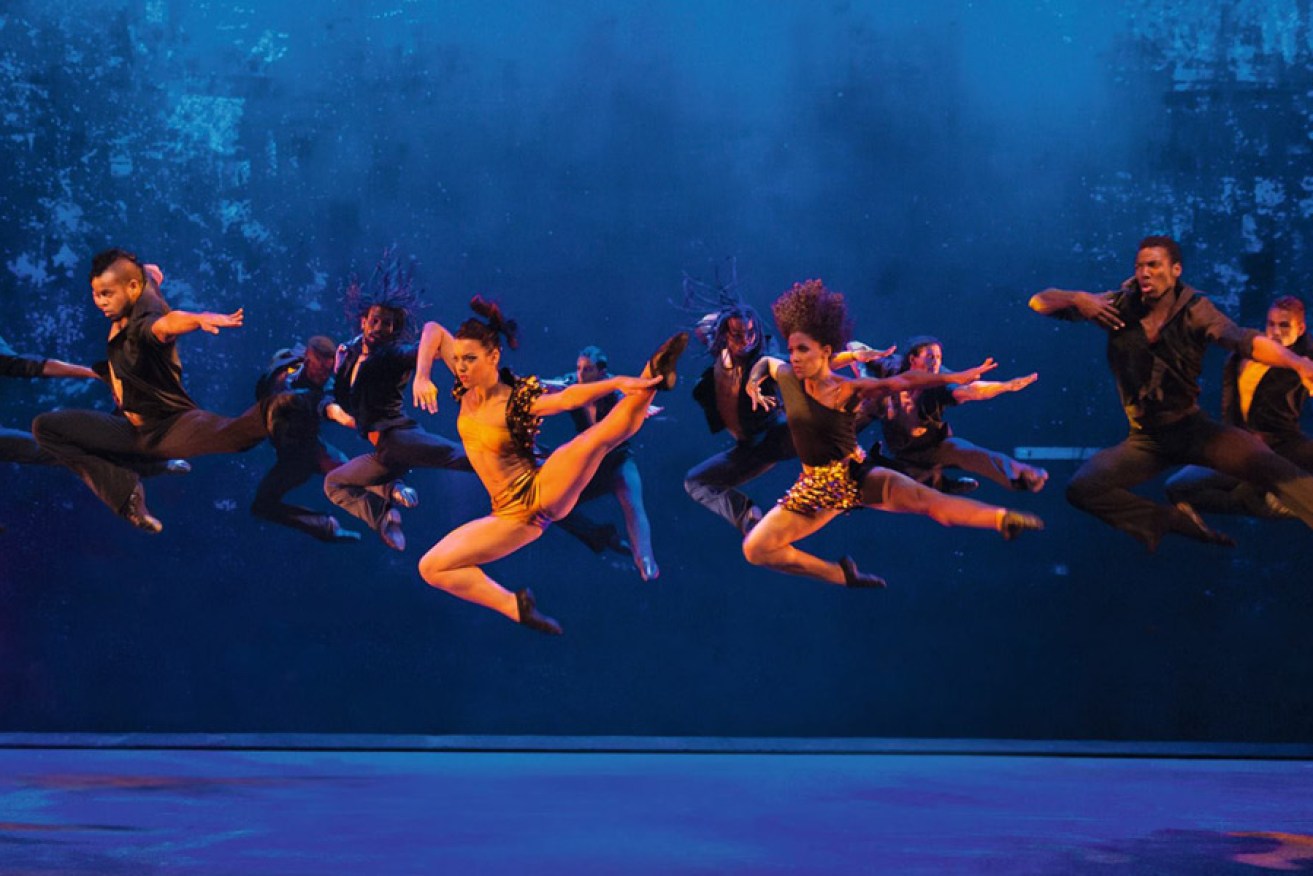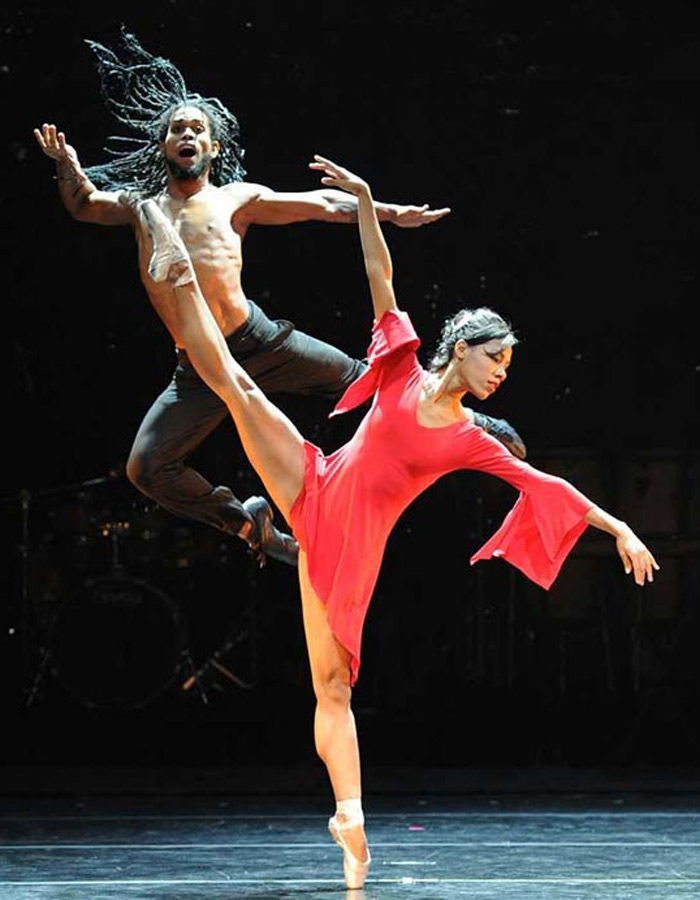Lianett Rodriguez Gonzalez is a member of Ballet Revolucion, the Cuban dance company known for its energetic performances featuring a fusion of Latin-American rhythms with contemporary pop songs.
Ahead of their performances in Adelaide this month, she talks about her dance and life as an artist in Cuba.
How did you become a professional dancer?
I started at the age of four with rhythmic gymnastics. I was a very active young girl and my mom needed to find an outlet for me to channel my energy.
I fell in love with the movements and at the age of eight I entered the National School of Ballet Alejo Carpentier (in Havana). At the age of 11 I entered the National School of Dance for six years, and in 2005 I graduated as a professional dancer of modern, contemporary and folkloric dance.
What were the influences on you growing up?
There are a lot cultural movements just with the Afro-Cuban aspect of our culture. When I was in the National School of Dance (ENA), we were visited by various national and international choreographers and they all had a strong impact on me. People such as Noortje (Bijvoets) and Feri (de Geus) from Holland, (Cuban) Roclan Gonzalez Chavez, along with the many choreographers that have companies in Cuba and were always coming to work with us.
At the ENA, our curriculum included classical ballet, The various dance techniques such as Graham, Limon, body contact, fly down, pas de deux techniques, classical duo, theatre, make up, history of dance and many more.
What sort of dance did you like then?
I really loved folkloric dance at that time and the mix of contemporary dance styles that were performed in Danza Contemporanea de Cuba (a contemporary dance company based in Cuba).
Have you performed this show in Cuba?
Yes, we have had the opportunity of showing some numbers of our show at various occasions in different TV shows and on stages in different provinces of the country.
Who is your audience in Cuba?
In Cuba our audience is mostly composed of artists who follow the various artistic movements coming out of Cuba, and of course our family, who don’t have the opportunity to see us when we tour.
Do foreigners have pre-conceived ideas about Cuba?
I think that it is similar for a lot of countries that foreigners have pre-conceived ideas. In the case of Cuba, it is very strong, even though they have not been there. Some foreigners have this romantic idea of Cuba, its music, its cigars, its rum, its dance, the beach, the culture and our politics.
When people ask you “What’s Cuba like?” what is the first thing you say?
Hot!
What makes Cuban dancers different to other contemporary dancers?
When I watch other world companies, I realise how much dancers have been growing technically over time and I realise that Cuban dancers have a very particular way of expressing themselves and delivering a performance.
Is it possible that being denied easy communication or travel to other places puts more emphasis on the national characteristics of Cuban dance?
Yes, it definitely had a strong impact. It is not that we have not received foreign influence, because a lot foreigners have come to us, and honestly, in Cuba artists are not being denied travel or communication – however, it true that because of this particular situation, we have been going deeper into our character and that is probably one of the reasons why you can always recognise a Cuban dancer.
Have Cuban contemporary professional dancers been attracted to a life in the arts because at the top level, there are unusual freedoms (to travel, for instance)?
Yes, maybe it is true to some extent, but for someone to want to become a contemporary professional dancer, what drives him or her is not what you call the “unusual freedoms”; what drives them really is the freedom of movement that contemporary dance gives you.
How has the recent announcement of the US dropping its embargo affected you and the other dancers?
Unfortunately, the embargo has not been dropped yet, but to be honest with you, politics have little influence on our life as artists. The embargo in Cuba is true, but as artists, this is not our permanent concern. There is no blockade that can stop mental freedom.
Do you think there will be any downside of the American recognition? Is what makes Cuba special going to be lost?
I really could not say, but I think what makes Cuba special is not going to be lost; it is inside the Cuban people.
Ballet Revolucion will perform at Her Majesty’s Theatre in Adelaide from July 14 to 19 as part of an Australian tour.
This article was first published on The Daily Review.






